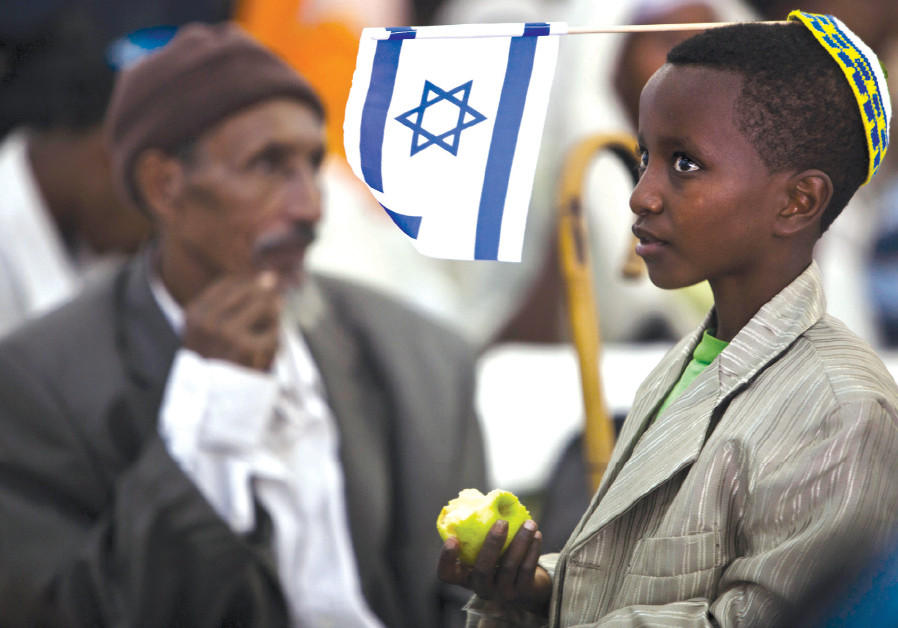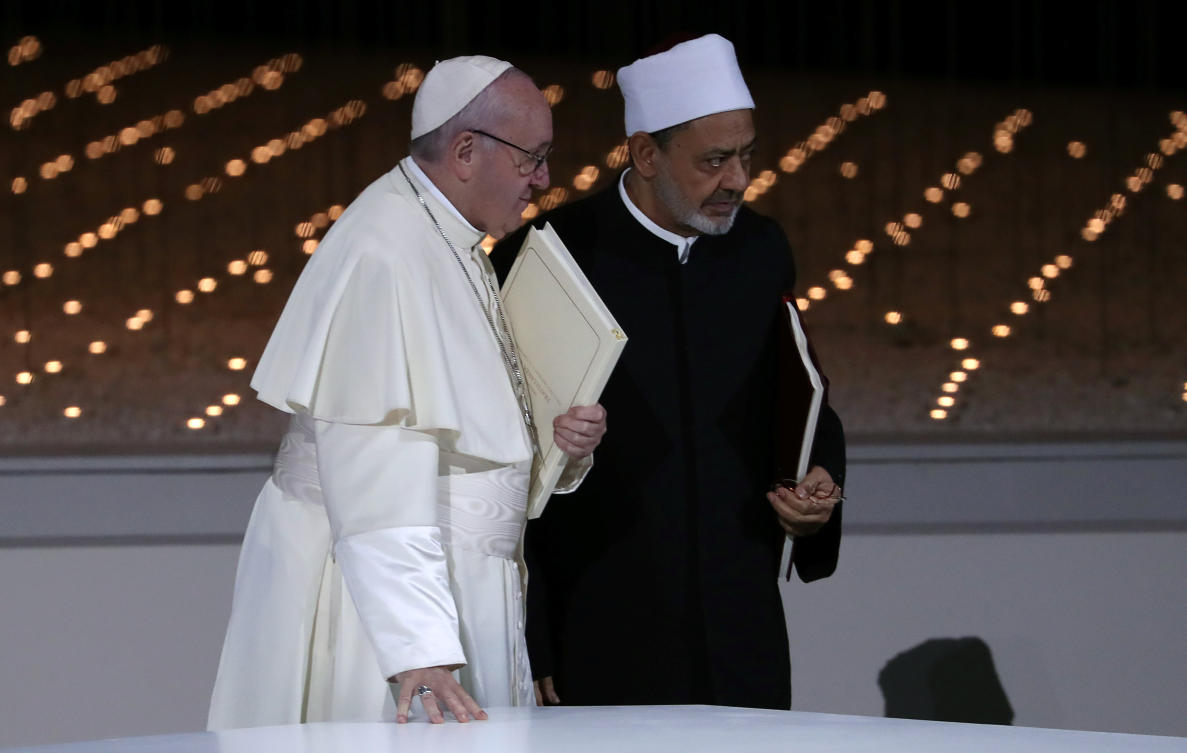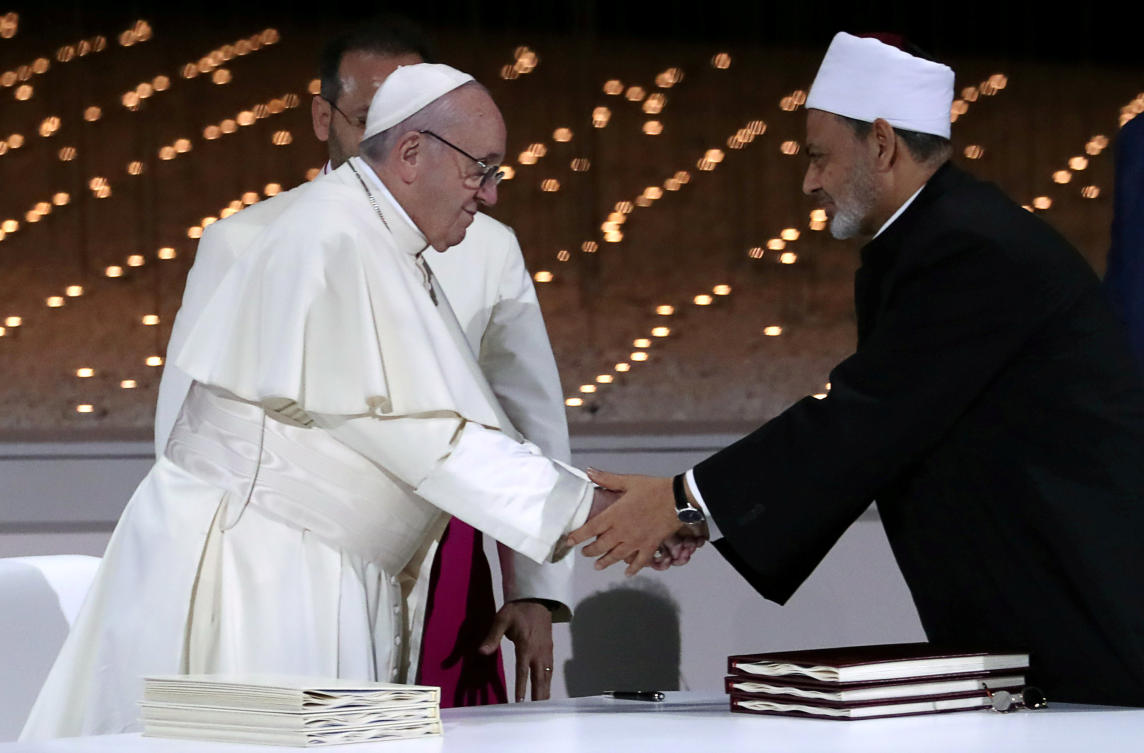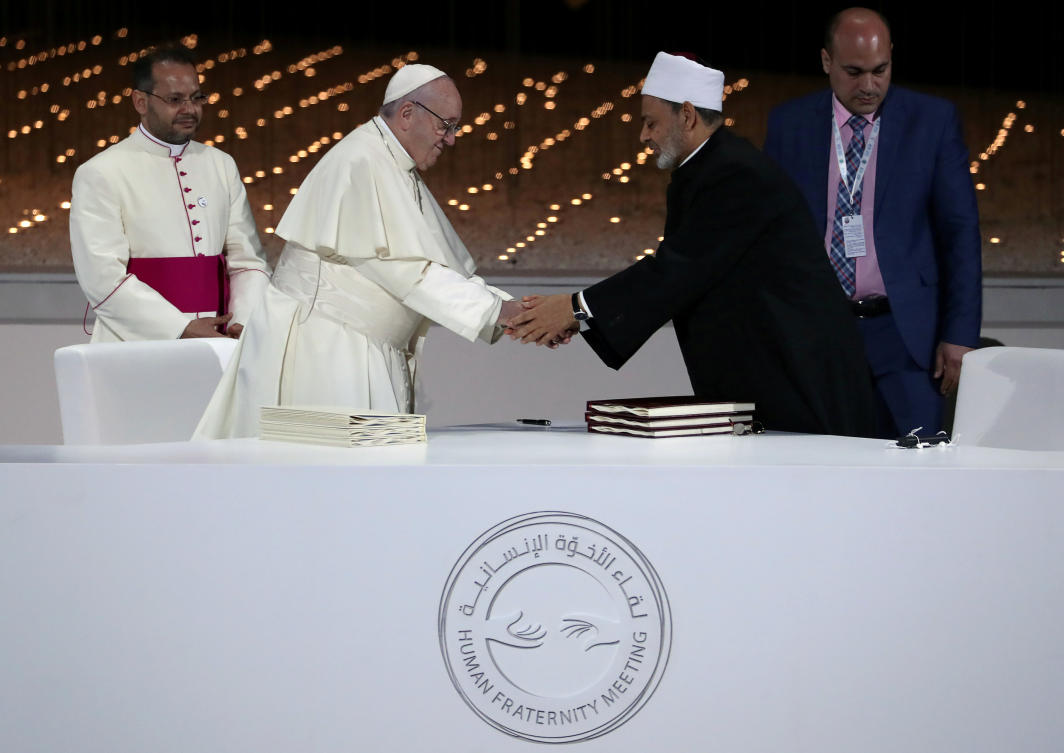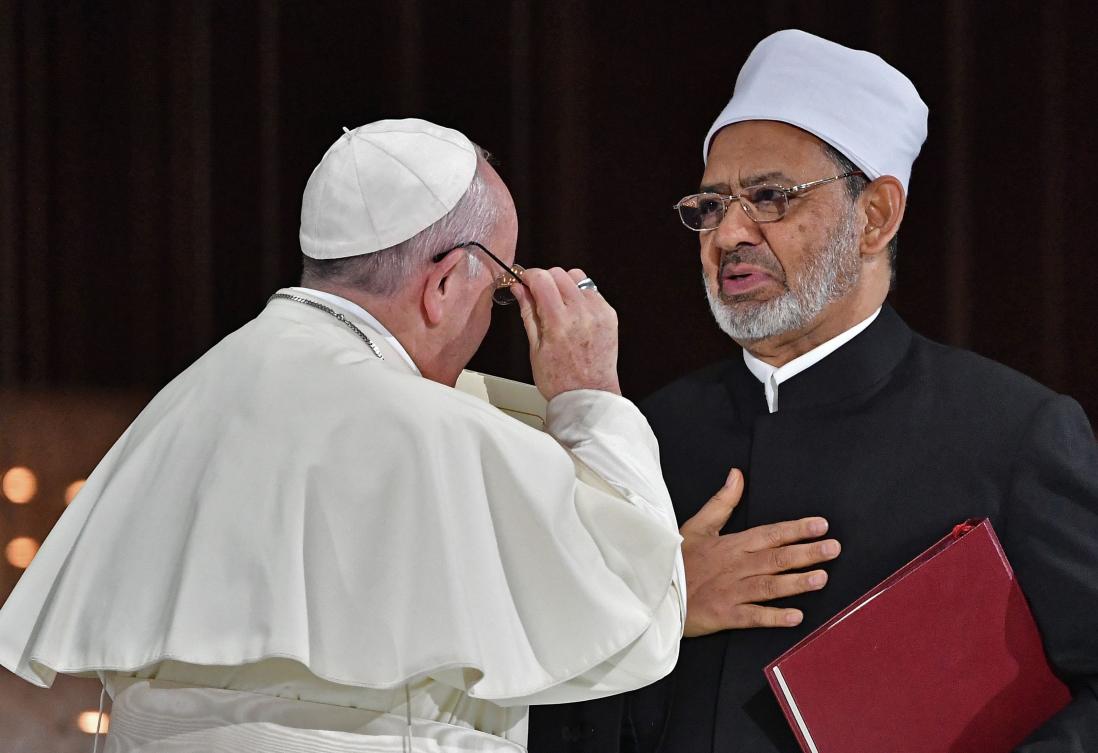Beirut ministry barriers removed after snarling traffic for years
BEIRUT: Lebanon’s Interior Ministry removed concrete security barriers in central Beirut on Tuesday that had for years choked a major road nearby, days after the long-delayed formation of a new government.
The office of the outgoing minister, Nohad Machnouk, said he had ordered the barriers removed “owing to the end of security reasons,” due in part to his five-year “fight against terrorism.”
But the office of the new minister, Raya Al-Hassan, told local TV that she had taken the decision in order to remove a daily encumbrance and improve transport.
Cranes were brought in to lift the concrete panels, each painted with the Lebanese flag.
Cab driver Ibrahim Sauli, 65, said he was no fan of Hassan’s politics but added: “I raise my hat to this minister. She’s not scared and she wants to work properly.”
Hassan is one of a record four women ministers in the new cabinet. Machnouk will pass the baton at a ceremony on Wednesday.
In recent years, Lebanon has suffered from a spillover of tension and sometimes violence from neighboring Syria, where the Lebanese Shiite Hezbollah movement has fought in support of President Bashar Assad.
The last deadly militant operation in Lebanon took place in 2016, when suicide attackers carried out a string of bombings in a village in the north.

